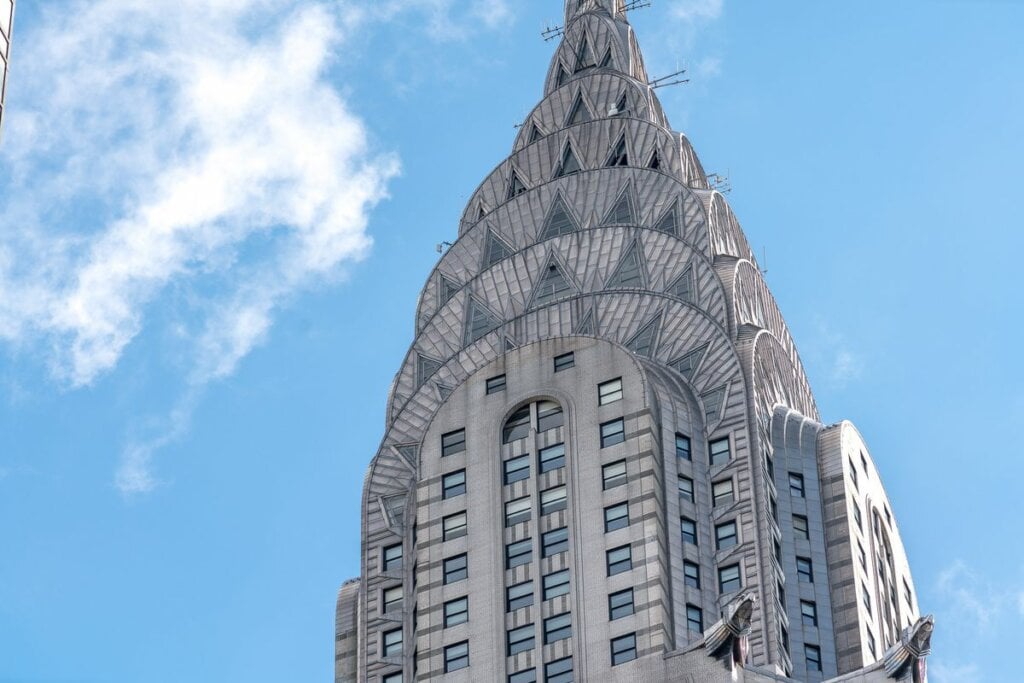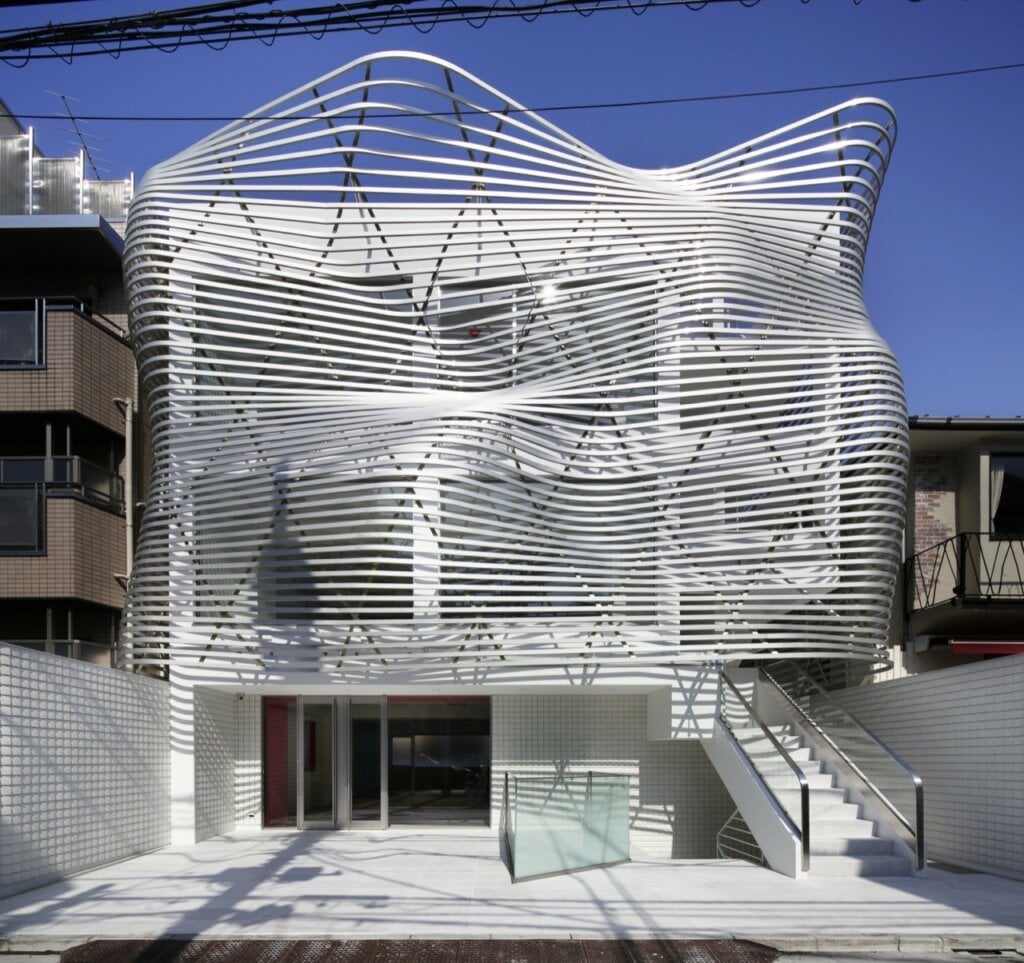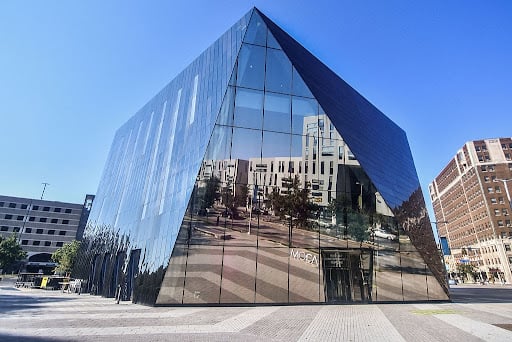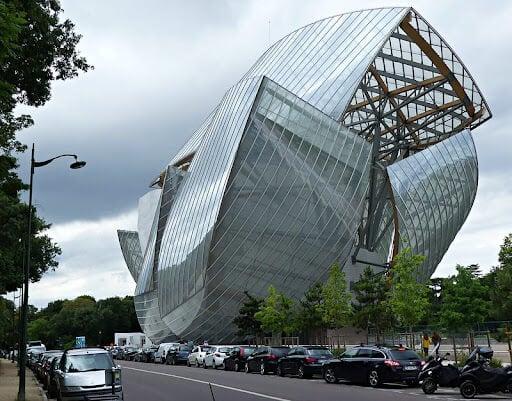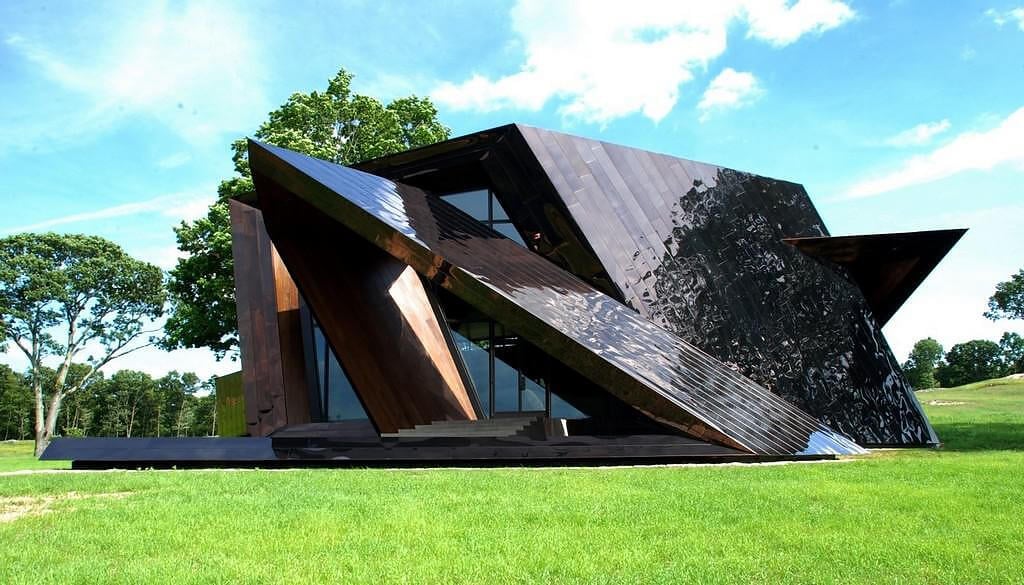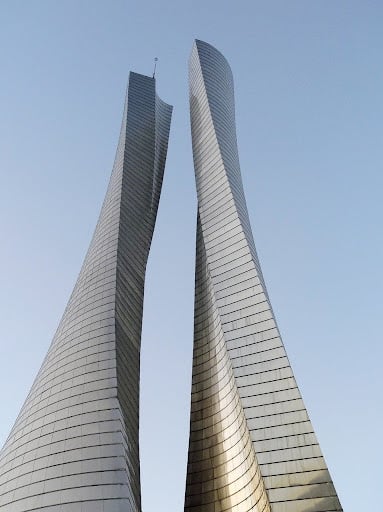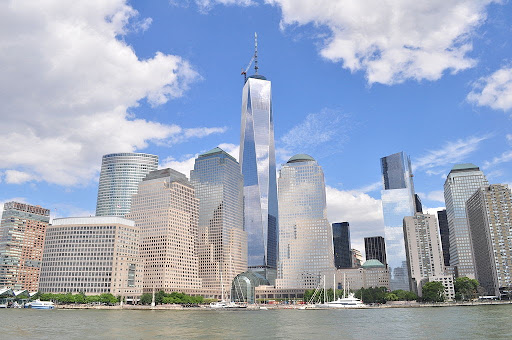For those who have visited Manhattan, the Chrysler Building stands out as one of those emblems of the city’s diverse and progressive architecture. The building, however, has a more technical claim to fame. Built in 1930, the Chrysler Building was the first to substantially use stainless steel in its architectural design. The art deco stainless steel roof finials of the building stand as monument to the longevity of steel and still announce their iconic presence to the visitor some 90 years later.
Since then, stainless steel has become ubiquitous in the building industry as a lightweight, corrosion resistant, high-tensile strength building material that forms the structural framework of many of the world’s most famous buildings. But this material, created in 1913 by Harry Brearley of Sheffield, England, is not just the backbone of modern architecture, it has become a primary component of building exteriors to form stunning architectural masterpieces.
Dear Jingumae Building
The Dear Jingumae Building was designed by architect Yoshihiro Amano to soften the often hard lines of cityscapes and to represent the movement of clothing. One can almost see in the thin strands of steel that undulate around the building the subtle shifts of a body. Large windows which let in natural light through the louvred steel and external staircases give the building a sense of airiness.
Museum of Contemporary Art Cleveland
London’s Farshid Moussavi Architecture Firm designed the Museum of Contemporary Art Cleveland to represent the ever-shifting nature of the museum’s collection. As a non-collecting museum the building houses an ever-changing variety of artwork that is represented by the black mirrored exterior of the building, which not only reflects the city in its surface, but also seems to morph depending on the changes in light and weather. The interior is finished with a blue fire-resistant paint that makes the visitor feel like they are walking under the natural sky or even beneath the water.
Fondation Louis Vuitton
Frank Gehry’s Fondation Louis Vuitton looks as if it should be set to sea. The central part of the building, known as the iceberg, is surrounded by twelve sails made of wood and steel frames that hold glass elements, wrapping over the building as if the sails are at full billow and the whole structure might at any moment tack into the distance. The building houses Bernard Arnaud’s art collection.
18.36.54 House
18.36.54 House in Connecticut is named for the 18 planes, 36 points, and 54 lines that shape the home into what some see as a giant and modern piece of origami. Finished in bronzed stainless steel and sporting contrasting angular slopes, the sleek finish feels like a lacquered Chinese box. Daniel Libeskind designed the building with large glass walls that make the oak interior seamlessly transition from indoor to outdoor spaces.
Bicentary Towers
The Bicentenary Towers in Toluca, Mexico were designed by Rem Koolhaas and were inspired by the Pyramid of Kukulkan at Chichen Itza. The two parts of the building spiral upward, wrapping around each other like the outer strands of DNA or like flames licking into the air. The Twenty spotlights that illuminate the structure at night make the building appear to glow from within.
One World Trade Center
No celebration of steel would be complete without mentioning One World Trade Center whose lasting steel structure speaks to the resilience of the spirit of New Yorkers who replaced the fallen twin towers with this stunning example of stainless steel architecture. David Childs designed the building to be the tallest building in New York at a stunning 1776 feet which is meant to represent the year of the signing of the Declaration of Independence.
—Ivan Young is a writer from Happy Writers, Co. in partnership with steel tubing supplier, FedSteel.

